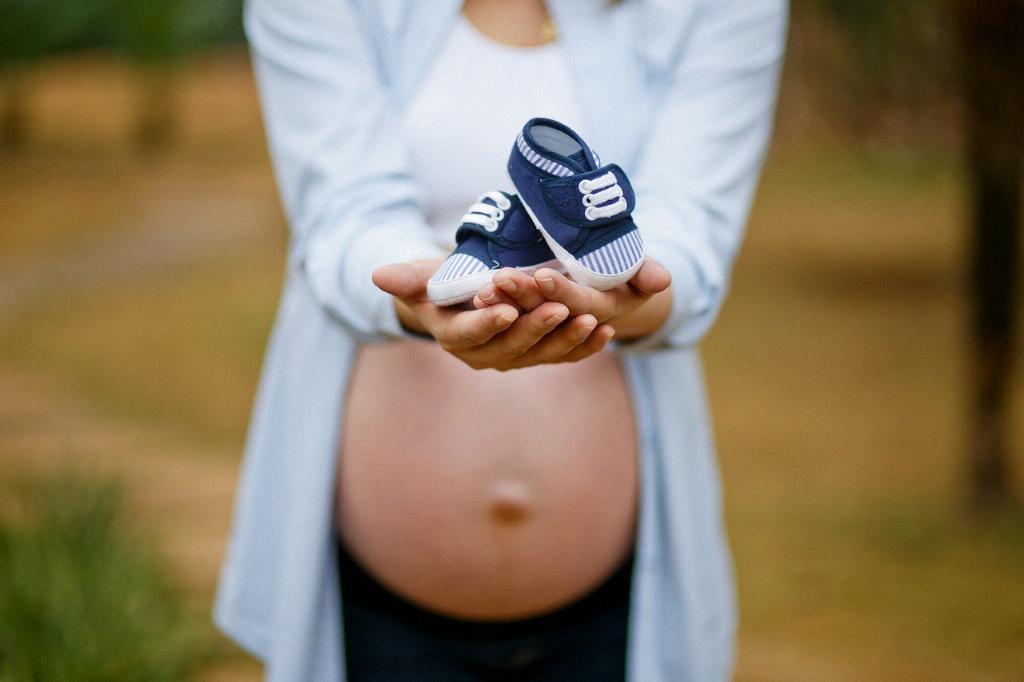One of the most common questions that many women have when they suspect they might be pregnant is, “How quickly after getting pregnant do you feel symptoms?” The experience of pregnancy symptoms can vary greatly from woman to woman, as each woman’s body reacts uniquely to the changes happening inside.
Early Signs of Pregnancy
For some women, early signs of pregnancy may start to appear as soon as one to two weeks after conception. These early symptoms can include fatigue, breast tenderness, nausea, and a heightened sense of smell. It’s important to remember that these signs can also be indicative of other conditions, so a pregnancy test is the definitive way to confirm pregnancy.
Varying Timelines
On the other hand, other women may not notice any pregnancy symptoms until four to five weeks after conception. This delay in symptoms does not necessarily indicate a problem with the pregnancy; it simply means that each woman’s body responds differently to the hormonal changes associated with pregnancy.
Implantation and Hormonal Changes
One reason for the variability in when women start to feel pregnancy symptoms is the process of implantation, where the fertilized egg attaches itself to the uterine wall. This process can cause slight spotting and cramping, which some women may mistake for their regular menstrual cycle.
Physical Changes
As the body adjusts to the presence of a growing embryo, physical changes start to occur. Hormonal shifts play a significant role in these changes, leading to symptoms like morning sickness, frequent urination, and mood swings.
Emotional Rollercoaster
It’s common for women to feel a range of emotions as they navigate the initial stages of pregnancy symptoms. From excitement and joy to anxiety and uncertainty, the emotional rollercoaster is a normal part of the journey to motherhood.
Listen to Your Body
Understanding your body’s signals and paying attention to how you feel can help you recognize the onset of pregnancy symptoms. Keeping track of any changes or unusual sensations can provide valuable insights into your pregnancy journey.
Consulting a Healthcare Provider
If you suspect you might be pregnant but are unsure about the symptoms you are experiencing, it’s essential to consult a healthcare provider. A medical professional can perform a pregnancy test and provide guidance on managing early pregnancy symptoms.
Health and Wellness
Taking care of your health and well-being during pregnancy is crucial for both you and your growing baby. From eating a balanced diet to staying active and getting enough rest, focusing on self-care can help alleviate some of the discomfort associated with early pregnancy symptoms.
Support System
Having a strong support system in place can also make a significant difference in how you cope with early pregnancy symptoms. Whether it’s friends, family, or online communities, sharing your experiences and seeking advice from others can be comforting and reassuring.
Every Journey is Unique
Remember, every woman’s journey to motherhood is unique, and the timeline for when pregnancy symptoms start can vary widely. Trust in your body’s natural process and seek guidance from healthcare professionals whenever you have concerns or questions about early pregnancy symptoms.
Conclusion
In conclusion, the timing of when you start to feel symptoms after getting pregnant is a personal experience that differs for each woman. By staying attuned to your body’s signals, seeking proper medical advice, and prioritizing your health and well-being, you can navigate the early stages of pregnancy with confidence and care.

